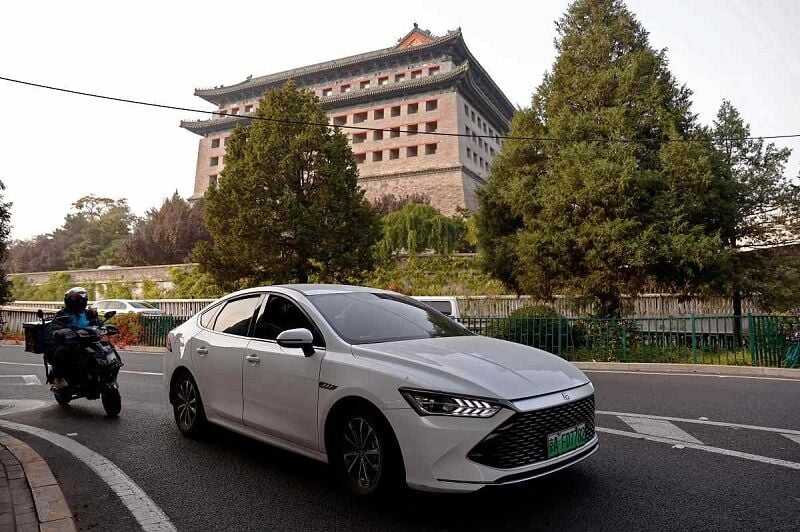Japan urges ASEAN to prioritise hybrids over EVs for sustainability

Japan advocates for hybrid vehicles as an effective path for the Association of Southeast Asian Nations (ASEAN) to reach sustainable development goals.
During the Economic Security and Supply Chains seminar, Yasuyuki Todo from the Faculty of Political Science and Economics at Waseda University cautioned ASEAN about over-relying on the electric vehicle (EV) industry. He pointed out that since Asean mainly depends on fossil fuels for energy production, EVs still indirectly consume non-renewable resources.
Todo suggested that ASEAN countries, including Thailand, should prioritise hybrid cars over EVs as a more practical solution for reducing carbon emissions. He remarked that Thailand is ready to advance beyond being a hub for car manufacturers and should instead focus on research and development.
“Thailand should focus more on research and development than on car productivity, as companies like Toyota already have research centres in Thailand.”
Todo also emphasised the need for Thailand to produce and manage energy more efficiently using existing technology to meet its carbon neutrality and zero emissions targets set for 2050 and 2065, respectively.
“Producing energy more efficiently is another way to achieve sustainable development, So, I really hope ASEAN will utilise technology to boost its energy sector.”
In a separate seminar titled Towards Green Transformation, Shinnosuke Ito, Head of the Keidanren Environment & Energy Policy Bureau and Challenge Zero Promotion Office, echoed the sentiment that EVs should not be the sole focus for achieving net zero emissions.
He advocated for multiple pathways, highlighting hybrid cars as a more feasible option.
“We should not pursue EV success to the detriment of other industries. We need to allow alternatives such as hybrid cars. We need to go step by step as he said.
“It underscored that even in Japan, where the automotive industry, including Toyota Motor Corp, offers various car lines beyond EVs, an immediate shift to EVs is impractical. Jumping head-first into EVs is unrealistic, even for Japan as he remarked.”
Net zero emissions
The director of the Keidanren International Cooperation Bureau, Reiji Takehara, further explained that transitioning to net zero emissions should not rely solely on EVs. He noted that government subsidies make EV prices more attractive, but once these subsidies end, consumer interest may wane.
“Although some people drive EVs in Japan, there are still too few charging stations. Besides, to reduce carbon emissions, electricity for charging EVs must be 100% generated from renewable energy.”
Takehara highlighted the ongoing reliance on fossil fuels for electricity production in Japan, which includes powering EV charging stations.
“Are there any countries that can boast that 100% of their electricity needs are met by renewable sources? I do not think so. Therefore, we should not be shortsighted.”
The discussions took place during the 2024 Invitation Programme for ASEAN Journalists hosted by the Keizai Koho Centre, aimed at promoting mutual understanding between Asean and Japan.
This year’s programme focused on Japan-Asean cooperation to achieve sustainable development, reported Bangkok Post.
Latest Thailand News
Follow The Thaiger on Google News:


























